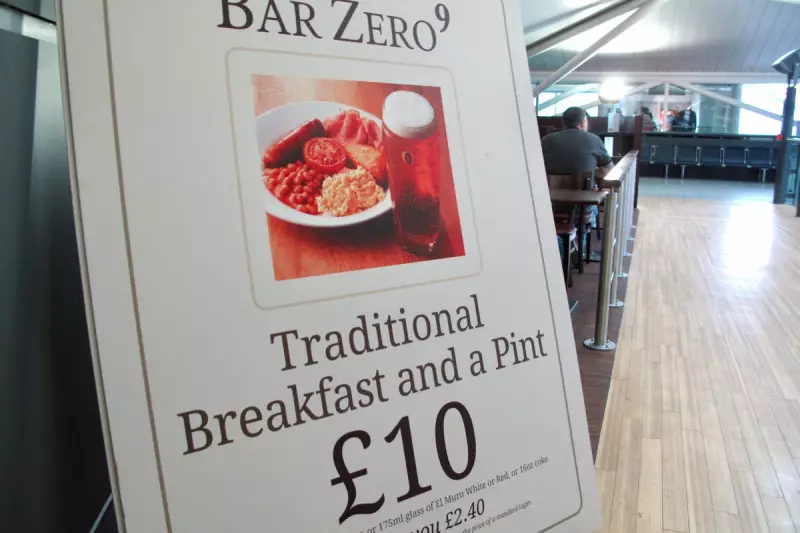
A quiet revolution is brewing at 30,000 feet, as a growing number of travellers and aviation staff demand an end to the traditional in-flight tipple. The call for alcohol-free flights is gaining altitude, driven by a disturbing surge in disruptive and dangerous incidents of 'air rage' perpetrated by intoxicated passengers.
The issue isn't just about minor disturbances. Airlines and cabin crew unions are reporting a significant increase in serious mid-air altercations, ranging from verbal abuse and sexual harassment to physical violence. These alcohol-fuelled episodes are not only deeply unpleasant for fellow passengers but also pose a genuine security risk, diverting flights and resulting in hefty fines for the perpetrators.
The Human Cost of In-Flight Intoxication
For the cabin crew on the front line, the problem is reaching a crisis point. Dealing with belligerent, drunk individuals is becoming a routine part of their job description, turning what should be a safety-focused role into one that requires constant vigilance and conflict resolution. The mental and physical toll on staff is immense, contributing to burnout and high stress levels.
One union representative described the current situation as a 'battle in the skies', with crew members often bearing the brunt of abuse. The simple act of cutting off a passenger who has had too much can itself become a flashpoint for aggression.
Weighing the Financial and Social Impact
The ramifications extend far beyond a single disrupted journey. Diversions to offload a problematic passenger can cost an airline tens of thousands of pounds in fuel, landing fees, and compensation for delayed customers. Furthermore, the negative publicity from viral videos of air rage incidents can inflict lasting damage on an airline's brand.
While airport bars remain a primary source of pre-flight intoxication, the practice of serving strong spirits and multiple drinks once onboard is increasingly being questioned. Many are now advocating for a total ban on alcohol sales during flights, following the model already adopted by some low-cost carriers on early morning routes.
A Sober Future for Aviation?
The movement isn't about punishing responsible drinkers but about prioritising safety and comfort for everyone on the aircraft. Proponents argue that the unique, pressurised environment of an aircraft cabin amplifies the effects of alcohol, making moderation difficult and incidents more likely.
As the debate takes off, the industry faces a critical choice: continue with the status quo and manage the escalating chaos, or pioneer a new era of serene, alcohol-free travel. For many weary travellers and exhausted crew, the destination seems clear: sober skies are safer skies.





